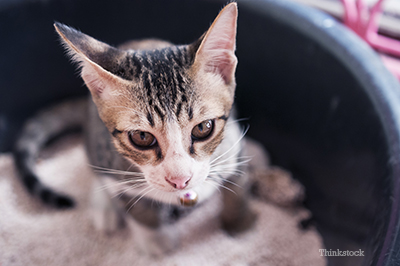House Training Your Puppy
OK, so you just came home with the cutest, cuddliest, and most beautiful puppy. Now what?
The first and most important thing to do with a new puppy is to begin a routine, and central to that routine will be getting your bundle of joy house trained. As much as you love your new puppy, you won’t love finding mistakes and accidents around every corner. It can seem daunting, but a few key strategies will help you get your pet on the right track to being a well-mannered member of the household!
Eliminate the chance for accidents.











